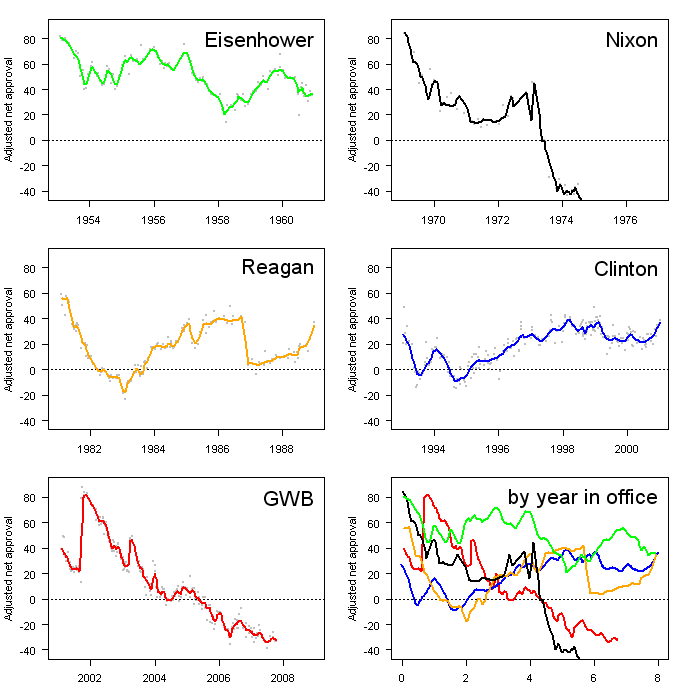In today's encore excerpt, we take a little extra space to note with great sadness the passing of Jane Jacobs, iconoclastic author of such works as the landmark Death and Life of Great American Cities and The Economy of Cities. Jacobs, in our view, was one of the great original thinkers of our age. who, according to architectural critic Inga Saffron 'almost single-handedly launched the movement to stop America's cities from being paved over by highways, housing towers and high-handed urban renewal projects. Written in 1961, Death and Life was a withering critique of the post-World War II planning establishment, which believed it could cure what ailed America's cities by replacing dense downtown neighborhoods with a monoculture of concrete public- housing towers. Mrs. Jacobs took the then-radical view that cities derived their richness from their natural, if sometimes scruffy, mix of people, buildings and commerce. Her observations were initially derided as the quaint musings of a simple housewife with no academic degree. It didn't help that she was a woman commenting on a largely male profession, or that she wore her hair in a childish page-boy with self-cut bangs and owlish glasses. But Mrs. Jacobs had her revenge. Her revolutionary ideas have been thoroughly absorbed into mainstream thinking, while her critics have been discredited with one public- housing implosion after another. A review in the New York Times grandly declared her book 'the most influential single work in the history of town planning' ':
"Great cities are not like towns, only larger. They are not like suburbs, only denser. They differ from towns and suburbs in basic ways, and one of these is that cities are, by definition, full of strangers. To any one person, strangers are far more common in big cities than acquaintances. More common not just in places of public assembly, but more common at a man’s own doorstep. Even residents who live near each other are strangers, and must be, because of the sheer number of people in small geographical compass...
So long as we are content to believe that city diversity (which equates with success) represents accident and chaos, of course its erratic generation appears to represent a mystery. However, the conditions that generate city diversity are quite easy to discover by observing places in which diversity flourishes and studying the economic reasons why it can flourish in these places...
To generate exuberant diversity in a a city’s streets and districts, four conditions are indispensable:
1. The district, and indeed as many of its internal parts as possible, must serve more than one primary function; preferably more than two. These must insure the presence of people who go outdoors on different schedules and are in the place for different purposes, but who are able to use many facilities in common.
2. Most Blocks must be short; that is, streets and opportunities to turn corners must be frequent.
3. The district must mingle buildings that vary in age and condition, including a good proportion of old ones so that they vary in the economic yield they must produce. This mingling must be fairly close-grained.
4. There must be a sufficiently dense concentration of people, for whatever purpose they maybe there. This includes dense concentration in the case of people who are there because of residence.
The purpose of explaining them (in this book) one at a time is purely for convenience of exposition, not because any one-or even any three- of these necessary conditions is valid alone. All four in combination are necessary to generate city diversity; the absence of any one of the four frustrates a district’s potential.
Jane Jacobs, The Death and Life of Great American Cities, Vintage Press, 1961, pp. 30, 150


